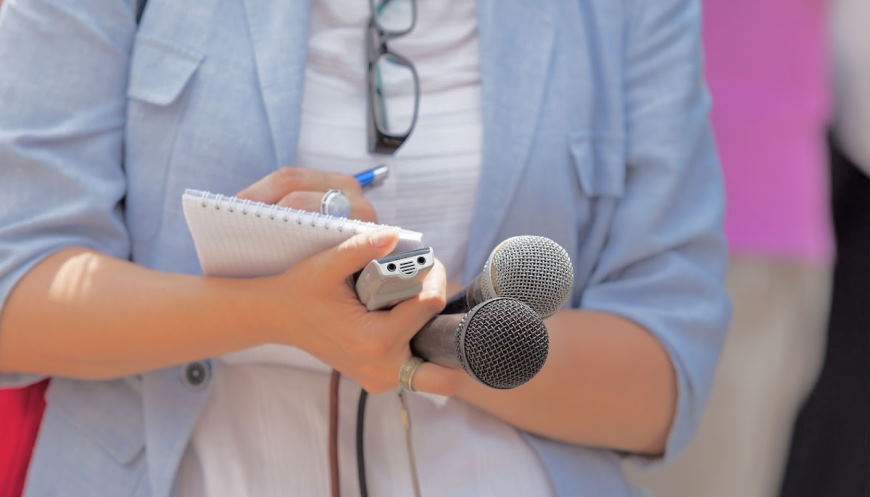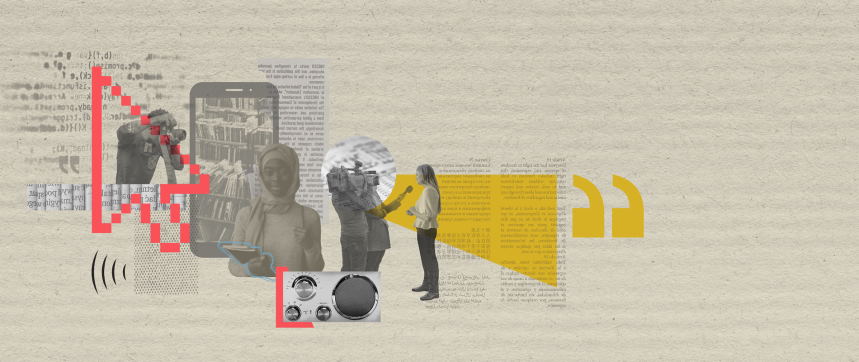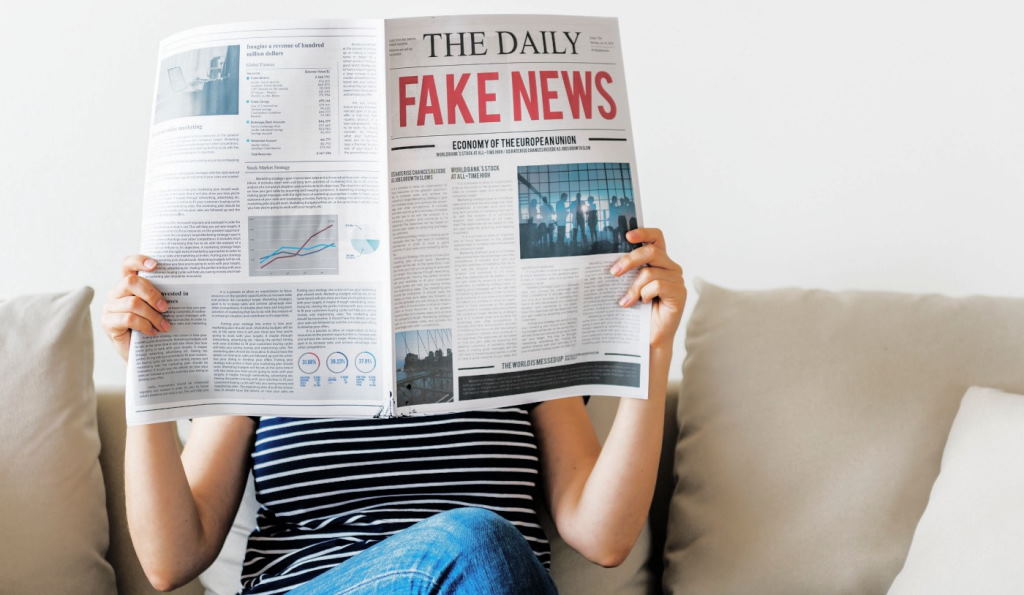Understanding Ethical Dilemmas in Modern Journalism
Modern journalists face a unique set of ethical dilemmas. With the advent of social media and the 24-hour news cycle, there is more pressure than ever to get the story first. But as we’ve seen in recent years, getting the story first is only sometimes synonymous with getting it right. In this blog post, we’ll explore some of the ethical dilemmas journalists face today and how to navigate them responsibly. Stay tuned for an enlightening discussion on modern journalism ethics!
Navigating the complexities of ethical journalism
As the role of journalists has evolved over time, so too has the ethical landscape they operate within. With the advent of new technologies and the 24-hour news cycle, modern journalists are increasingly faced with complex ethical dilemmas that can have far-reaching consequences.
One of the most prominent ethical issues facing journalists today is “fake news.” In an era where anyone can publish anything online, it can be difficult to distinguish between accurate reporting and deliberate misinformation. This problem is compounded by the fact that many people get their news from social media platforms like Facebook and Twitter, which are only sometimes reliable sources of information.
As a result of these challenges, it is more important than ever for journalists to be aware of the ethical issues they may face and to have a clear set of principles to guide their decision-making.

Some of the most common ethical dilemmas faced by journalists include:
- Deciding whether or not to publish sensitive information.
- Balancing the need for accuracy with the need for speed.
- Navigating conflicts of interest.
- Dealing with anonymous sources.
- Protecting the confidentiality of sources.
Each of these dilemmas presents unique challenges, and there is no easy answer to how to handle them best. Ultimately, it is up to journalists to decide what they believe is the right thing to do in any given situation.
The following resources can provide further guidance on dealing with ethical dilemmas in journalism:
- The Society of Professional Journalists’ Code of Ethics
- The Poynter Institute’s Principles for Ethical Journalism
- The International Federation of Journalists Code of Conduct
- The Reuters Trust Principles
When faced with an ethical dilemma, journalists should always consider the potential implications of their decisions before taking any action. In some cases, it may be necessary to seek guidance from a supervisor or editor. However, ultimately it is the responsibility of each journalist to make sure that they are acting according to their own personal code of ethics.
The morality of modern journalism: tips and best practices
The modern journalist is faced with many ethical dilemmas. How do you report the news without causing harm? Is it ever acceptable to invade someone’s privacy? How do you balance the need for accuracy with the need for speed?
Here are some tips and best practices for navigating the morality of modern journalism:
- Do no harm
This is the first rule of journalism. When in doubt, err on the side of caution. If your story has the potential to cause, harm – physical, emotional, or reputational – think long and hard before publishing it.
- Seek consent
If you’re going to report on someone’s personal life, get their permission first. This includes stories about their family, work, love life, health, or anything else that could be considered private.
- Be transparent
If you’re going to report on a sensitive issue, be upfront about it. Don’t try to trick people into talking to you. Tell them what you’re working on and why you’re interested in the story.
- Verify your sources
Ensure your sources are credible and they have firsthand knowledge of the information they’re sharing with you. Please verify the information from multiple sources before publishing it.

- Use caution with anonymous sources
Anonymous sources should only be used as a last resort. If you do use them, make sure you know their motivations for remaining anonymous.
- Respect privacy
Think twice before publishing someone’s photo or personal information. If you do publish it, blur out their faces or use initials instead of full names.
- Be fair
Give people the opportunity to tell their side of the story. Don’t let your personal biases color your reporting.
- Avoid stereotypes
When writing about marginalized groups, be careful not to reinforce negative stereotypes. Do your research and strive for accuracy and fairness in your reporting.
- Question everything
Challenge assumptions, question authority, and think critically about the information you’re presented with. Journalism is about finding the truth, so don’t take anything at face value.





